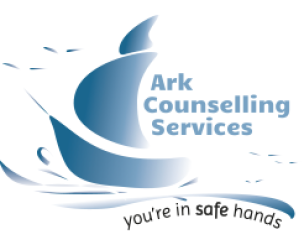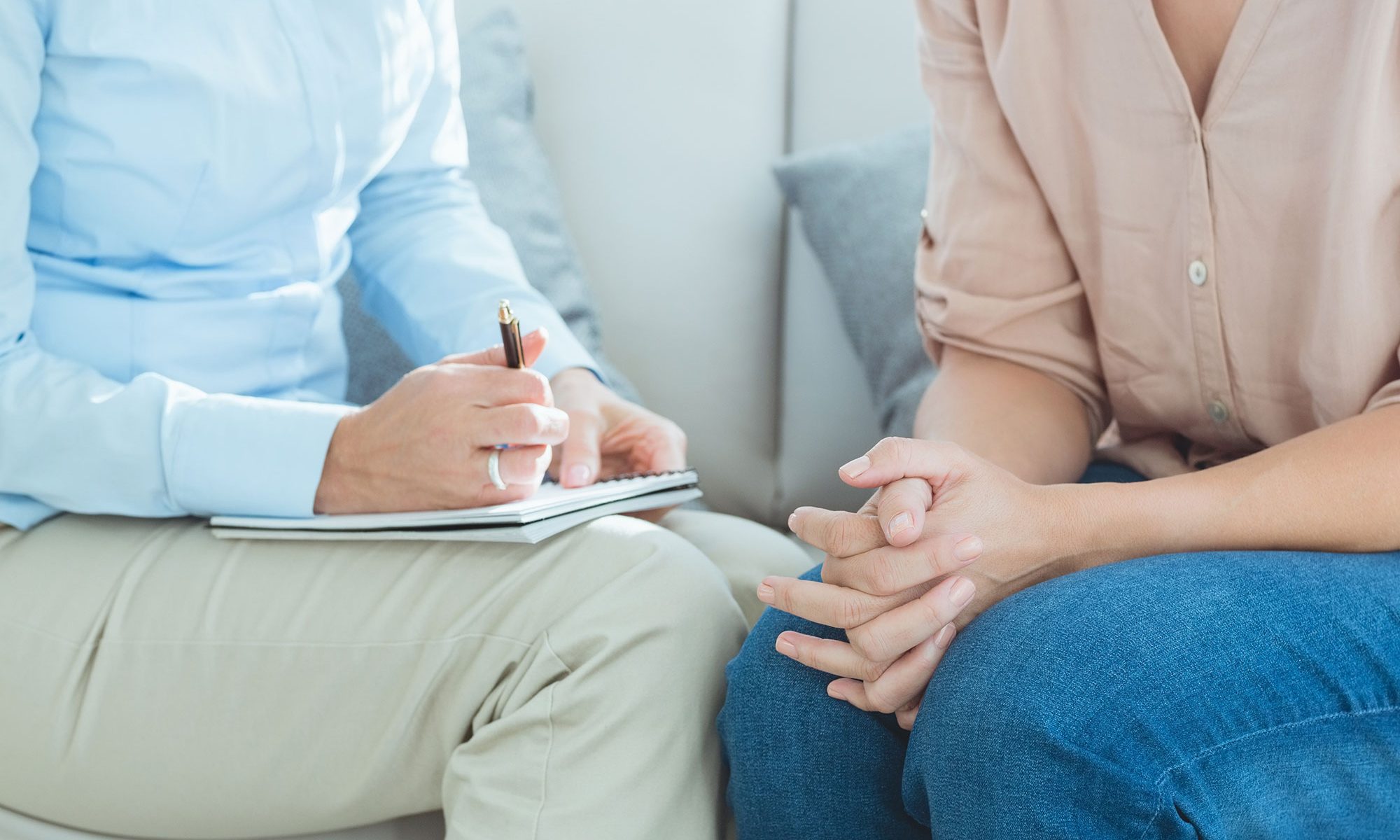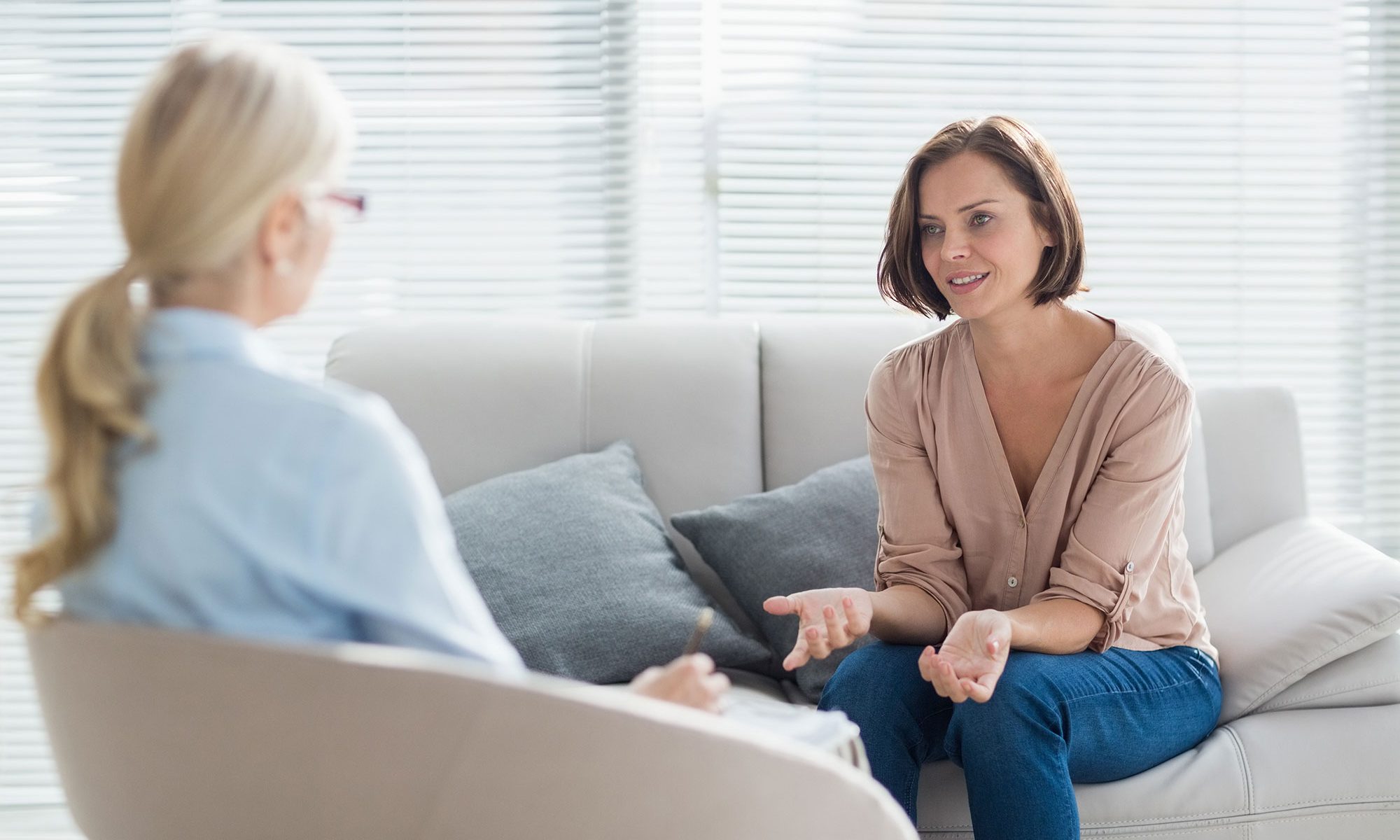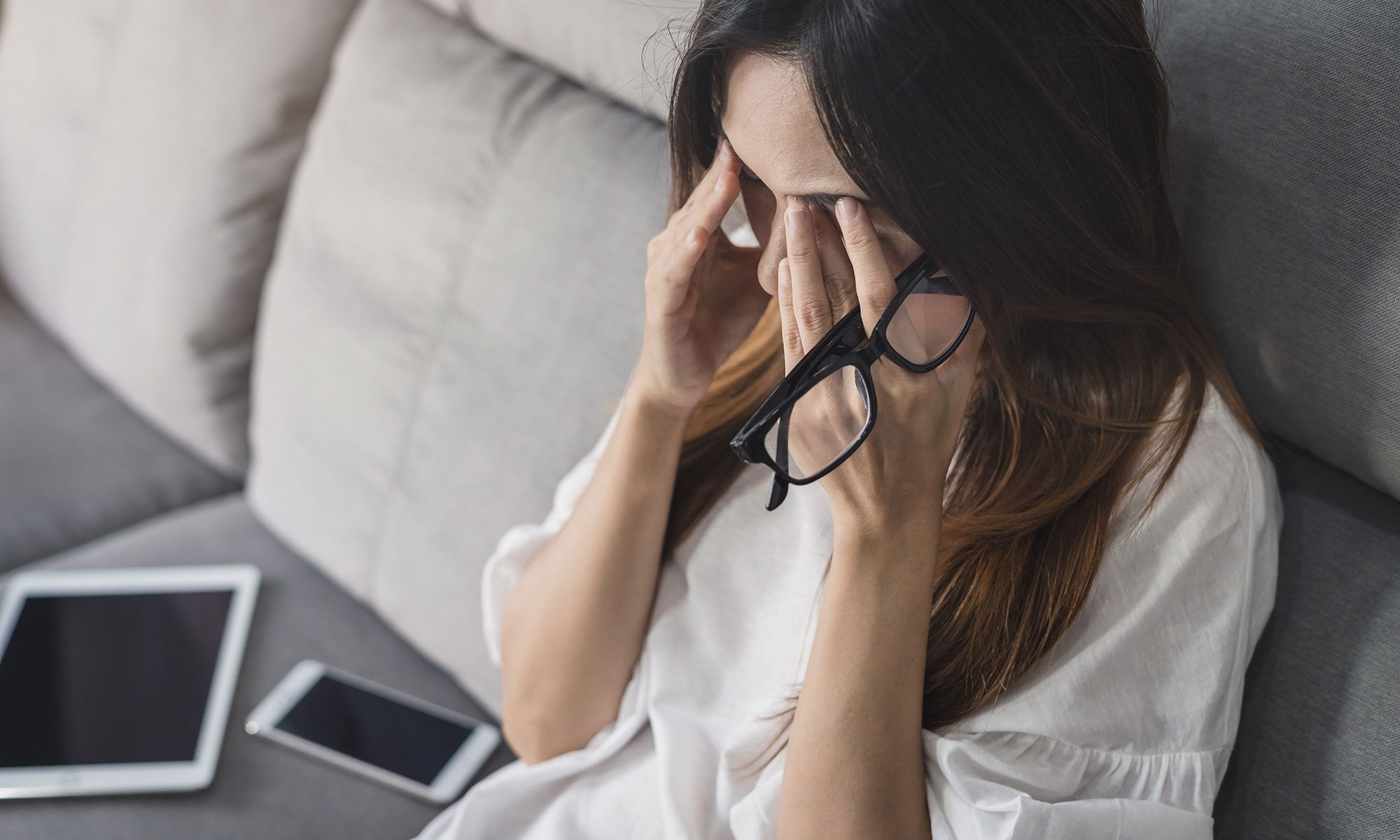I am often asked the question ‘isn’t self-care just being selfish?’ I always answer ‘No!!!!’
It is that time of the year again when many of us have had a pretty exhausting couple of festive weeks, cooking, entertaining, shopping and looking after children etc and often we do all these things whilst struggling with winter colds and flu! Time to really focus on self-care to restore our energies and boost our sense of wellbeing and motivation for the start of the New Year.
Many of my clients are not used to focusing on self in a compassionate way, they think of it as selfish and self-indulgent. They should be putting others before themselves, shouldn’t they? Give and keep giving rather than receiving – that sounds much more noble and doable!
However, this belief comes unstuck quite quickly. If you have ever been on a plane and asked to watch the safety advice video, you will know that you are always told to put your own oxygen mask on first before that of a child or an elderly person. This is because if you have no oxygen, you cannot help that other person with their mask and both of you will perish.
Another familiar analogy is that of the glass full / glass empty. If we drain our own glass of water (energy), we do not have any to sustain us or to give away to others. A no win situation!
Where are these 2 analogies going you may ask? Well if we want to care for and give love and compassion to others, we must be able and willing to give it to ourselves first.
Are you your own best friend or worst enemy? Experiencing what it feels like to be kind to yourself can really help to uplift your own sense of esteem better appreciate the impact of showing kindness to others. So some important steps to better self-care include:
Knowing our own limitations and boundaries in terms of how much we can physically and mentally do at any given time and how much stress we can cope with.
Recognising when we are coming close to stepping over our boundaries and doing something to pull us back to a safe and comfortable place.
Practising daily the art of relaxation and anxiety busting techniques, creating personal time and space, taking up new activities, developing hobbies and pursuing enjoyable moments.
Reaching out to carefully chosen people who are ‘radiators’ not ‘drainers’, those who will support and nurture us from time to time. Knowing how to restore ourselves and top up our own glasses.
The result of better self-care? – being calmer, less tired and more relaxed and enabling ourselves to help others more, having more mental and physical energy and motivation. Being able to see a future for ourselves and our loved ones and learning to love life more, developing resilience when life gets tough.
So go on give it a go and focus on your own needs at least some of the time – work out a balance between giving and receiving and start to reap the benefits!






